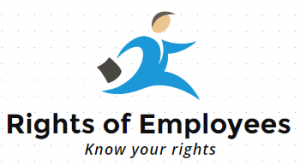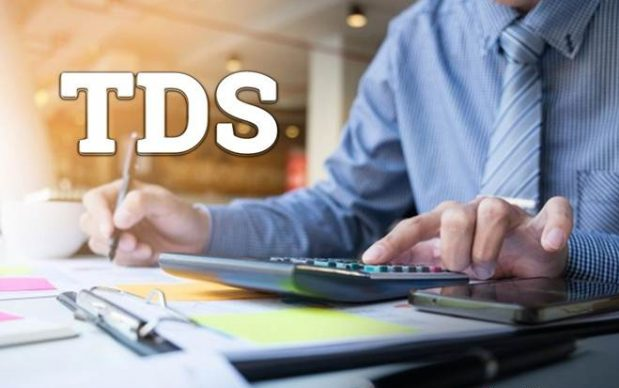Whether your sources of income are more or less, if your total income is taxable i.e. comes under the tax net, then you will have to pay tax, this is the thumb rule of taxation.
Yes, you can get some rebate. At the same time, there are some rules regarding TDS i.e. tax deducted at source, which are applicable on your taxable income. Under section 192 of the Income Tax Act, your employer deducts TDS on your salary and deposits it with the government. It is mentioned in Form-16. There are different rules in different scenarios.
Now suppose you have retired from government job. And now you are working in private sector. You are above 60 years of age. So what TDS rule will apply to you?
Tax expert Gauri Chadha said that the general taxation rule will be applicable to such taxpayers as well. If he is a full-time salaried employee, then the amount of tax that is paid on his salary for one year, for example, if a tax of 1 lakh is made, then we will divide it by 12, from which the TDS of every month will be withdrawn, this is his every Will continue to be deducted from the salary of the month. You will not have to pay tax separately for this. All you have to do is file income tax return.
* If not a full-time employee, but working on a contract?
If they work on contract basis, then flat 10% TDS will be deducted on their salary, no matter how much your tax is, directly 10% TDS will be deducted on it, as it will be treated as their business income. Suppose his income falls in the 30% tax bracket, then he will pay 20% tax. If their income is not becoming taxable, but 10% has been deducted, then it will be refunded.
* When will TDS not be deducted on salary
If the salary falls below the taxable bracket, then you will not have to pay TDS. If the taxable salary is less than 5 lakhs, then you will get rebate under section 87A. TDS is not deducted under section 194C if your amount is less than 1 lakh in a year or 30,000 in single payment.
*If you are a senior citizen
It does not matter whether you are a senior citizen or not. If you are a contractual employee then 10% TDS will have to be paid. If you are a full time employee, then TDS will have to be filled according to your taxable salary.
* Tax on other income sources will also be calculated
The TDS rule on your salary will not only be applicable, apart from this, you will also have to see the taxable income by adding the tax being made on the income from your other income source. For example, suppose your salary is 4.5 lakhs, then tax will not be deducted on it, but if it goes above 5 lakhs including other income, then you will have to pay tax on the total income.
* What will be the role of advance tax
If you are a salaried employee, then you do not have to deposit advance tax separately, your TDS is deducted, there is no need to fill it separately. If you are a consultant and are in 30% tax bracket, then you will have to deposit advance tax.
If you are a senior citizen, then you will not have to pay TDS, but if you are a contractual employee then you will have to pay TDS of 10% on it as it will be your business income.













